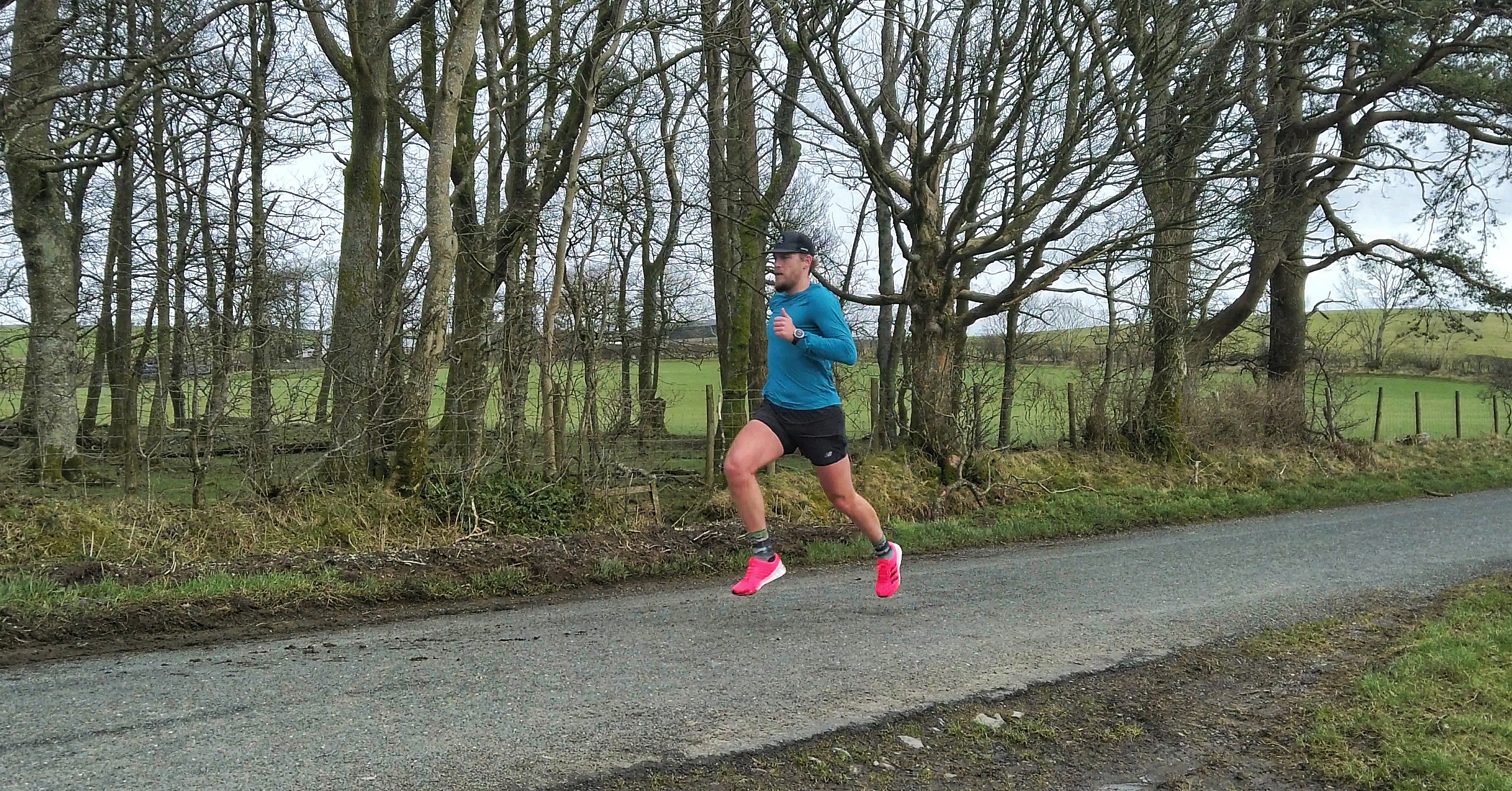What Are Calories & Why Do They Matter?
- Darren Haworth

- Aug 6, 2025
- 3 min read
When it comes to nutrition, there’s a lot of noise — low carb, keto, clean eating, fasting — but at the heart of it all is one simple concept: calories. Whether your goal is fat loss, muscle gain, or just feeling better day to day, understanding what calories are and how they work gives you the power to take control of your results.

This guide breaks it all down in a simple, no-fluff way — perfect for beginners who want to build a strong foundation without getting overwhelmed.
What Is a Calorie?
At its core, a calorie is a unit of energy. It’s how we measure the amount of energy food provides and how much energy your body uses to function.
Eat food ➝ You take in calories (energy).
Move, breathe, digest, exist ➝ You burn calories (energy).
Your body is constantly burning calories — even while you’re sleeping!
Calories In vs. Calories Out (Energy Balance)
This is one of the most important principles in all of nutrition:
Calories In = what you eat and drink
Calories Out = what your body uses
Your goals depend on this balance:
Goal | What needs to happen |
🟢 Fat Loss | Calories in < Calories out (Calorie deficit) |
⚖️ Maintenance | Calories in = Calories out |
🔵 Muscle Gain | Calories in > Calories out (Calorie surplus) |
This doesn’t mean every single calorie is equal in quality (more on that soon), but quantity still plays a major role in body composition.
How Your Body Burns Calories (TDEE)
Your Total Daily Energy Expenditure (TDEE) is the total number of calories you burn in a day. It includes:
BMR (Basal Metabolic Rate) – ~60-70%The energy your body uses just to stay alive (breathing, organ function, etc.)
NEAT (Non-Exercise Activity Thermogenesis) – ~15%Movement that’s not structured exercise (walking, fidgeting, chores)
Exercise (Workouts, Cardio) – ~5-10%Planned physical activity
TEF (Thermic Effect of Food) – ~10%Calories burned during digestion — protein burns the most!
Are All Calories the Same?
Technically, 100 calories of broccoli and 100 calories of chocolate contain the same energy. But their effect on your body is different.
Nutrient-dense foods (like protein, fiber, fruits, and veggies) keep you full, fuel your body, and support your health.
Processed or high-sugar foods can spike cravings, lack nutrients, and leave you hungry.
So yes — calories matter, but so does food quality.
How Many Calories Should You Eat?
This depends on your:
Age
Gender
Weight & height
Activity level
Goals (fat loss, maintenance, muscle gain)
Quick Example (Estimation Method): Multiply your body weight in lbs by:
12–13 for fat loss
14–15 for maintenance
16–17+ for muscle gain
Example:A 160 lb person wanting fat loss:160 × 12 = ~1,920 calories per day (starting point)
These are just estimates — tracking for a few weeks will help adjust based on your real progress.
Common Calorie Myths (Debunked)
“If I eat 1,200 calories, I’ll lose weight faster.”Too low = muscle loss, slowed metabolism, fatigue, binge cycles. You don’t want that.
“Carbs make you fat.”Only eating too many calories over time causes fat gain — not one food group.
“I need to burn off everything I eat.”You’re not a calorie-burning machine. Your body needs energy to function well.
What to Focus on Instead
Learn your estimated calorie needs
Prioritize protein and whole foods
Eat mindfully — stop when you’re satisfied, not stuffed
Stay active (steps, workouts, recovery)
Be consistent — the results will come
Understanding calories is the first step in taking control of your nutrition. It’s not about restriction or obsession — it’s about awareness. By learning how your body uses energy and what it needs, you can make smarter, more confident decisions every day.
Remember: you don’t need to be perfect — just consistent.







Comments